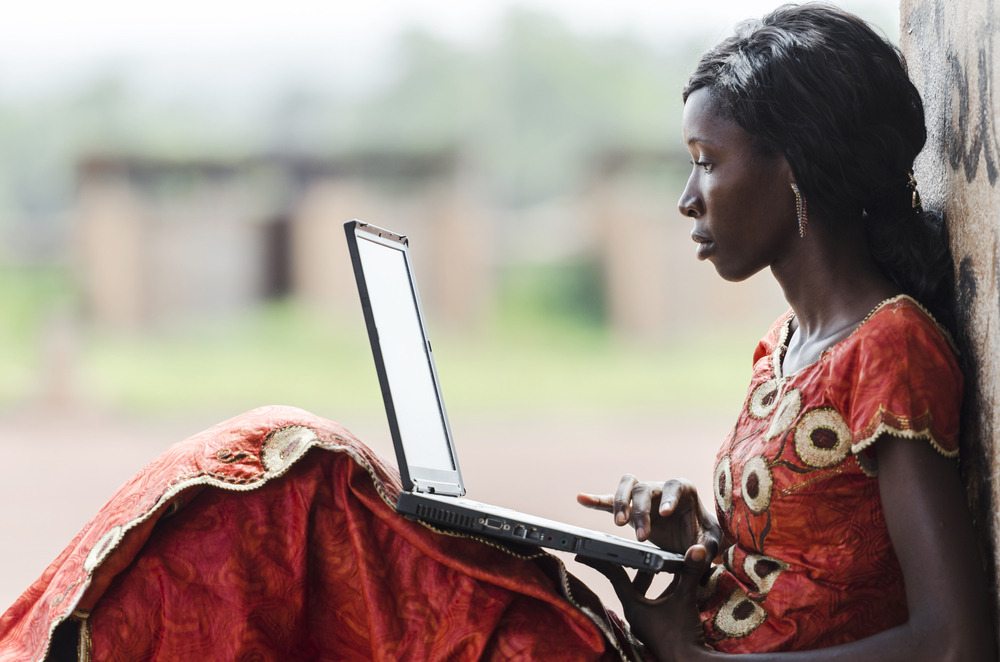Much of the growth in mobile comms in Africa has been driven by the private investment of foreign telecoms companies, particularly Orange and Vodafone. The dilapidated condition of state-operated copper wire infrastructure, where it exists, coupled with great distances, have made the continent fertile ground for mobile industry and innovation.
“The average revenue per user [in Africa] is the highest in world, because one phone has more users than other countries,” says Dr Hamadoun Touré, secretary general of UN agency the International Telecommunication Union (ITU). “Orange had among its highest profits in Senegal and Mali last year.”
Indeed, the mobile industry in Africa is proving itself highly innovative. For example, Kenyan mobile provider Safaricom (minority owned by Vodafone) runs a highly successful mobile banking system called M-Pesa (‘pesa’ meaning money in Swahili), which allows the transfer of money via SMS.
It is a mobile money ecosystem that solves unique cultural and economic problems, explains Nik Nesbitt, CEO of Kenyan call centre firm Kencall.
“People rarely carry cash on them, and to get cash they have to walk or take public transport to the bank, then line up,” he says. “Many people who work in Nairobi have families [outside the city] they look after and send money to every few weeks, which means that every couple of weekends a cousin or a maid gets into a car or bus and delivers a wad of cash to grandma. The ‘transaction cost’ is pretty high.”
By allowing money to be sent over the mobile network, M-Pesa “is actually changing social relationships”, Nesbitt explains. “Now you don’t go and see grandma, you just send her some money over the phone. It saves everyone from creating traffic – [Safaricom] should probably get some carbon credits.”
So popular is the system that Safaricom has actually become a surrogate bank: in 2006, mobile users were only sending phone credit to each other, but now, in the absence of a plastic card economy, many merchants take phone credit in store by running a parallel float through a Safaricom account, and will even provide cashback.
Nesbitt’s call centre staff are now even asking to be paid in phone credit, because “some don’t like the fact they don’t get paid the same day their salary goes through, but two to three days later when it arrives at their bank”, he says. “Next payroll, 30% of our staff will be paid through M-Pesa and have the money for Friday night – which may or may not be a good thing.”
Spotting further entrepreneurial possibilities, Kencall is even exploring a sideline in micro insurance, micro loan bundles, travel and crop insurance, all paid using mobile phone payments.
“We could say: here is some seed, fertiliser and farm tools – say an $80 package – and we’ll collect money using mobile phone payments,” explains Nesbitt. “All of this is possible now because of M-Pesa.”
Private industry’s impact on Africa hasn’t always been so positive. But ICT is different, says Touré, holding the potential to wean the continent off its dependency on foreign aid while increasing political accountability by expanding access to communication.
“I have not seen someone get out of poverty through charity. Help, assistance and charity have been the basis of African development for 50 years and have not worked,” he exclaims. “I say, ‘For God’s sake, if you try something for 50 years and it doesn’t work, you do something else.’”
Touré adds, “Why can’t we take off? We can, and the ICT sector has shown it.”










